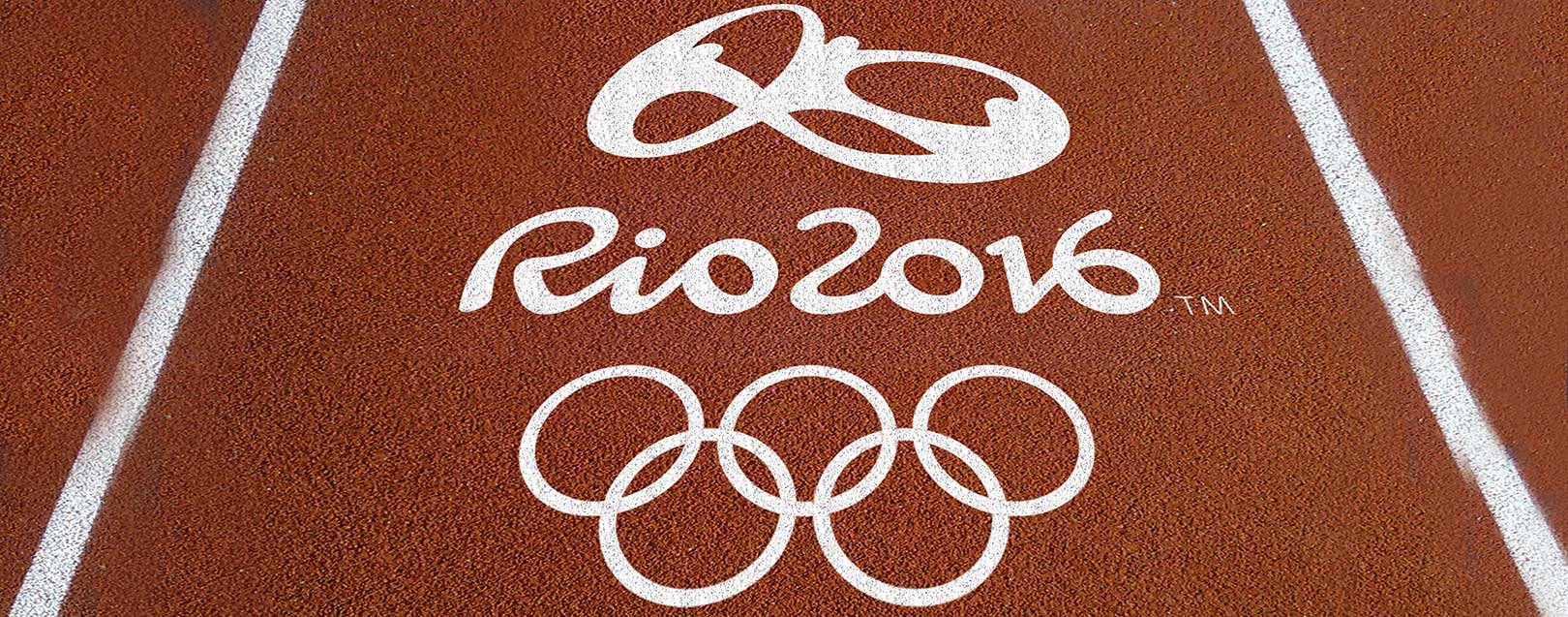
HOW FIT IS YOUR NATION?
Manish K. Pandey | The Dollar Business
The two three-letter words that have been on everyone’s lips of late are GST and Rio. While we have already analysed the impact of GST on the country’s economy (refer to the cover feature on page no.22 of the magazine for an in-depth analysis of the proposed tax regime), let’s now dig deep to unravel whether success in Olympics has anything to do with the economic might of a country?
Studies prove that a rich country can expect more wins at a sporting event. A research paper titled “Who wins the Olympic Games: Economic development and medal totals”, by US-based National Bureau of Economic Research (NBER) finds significant evidence that “other resources, national income in particular, are important for producing Olympic athletes. Interestingly, per capita income and population have very similar effects at the margin suggesting that total GDP is the best predictor of national Olympic performance.” In fact, a case in point could be China. In 2000, when China’s GDP per person was less than $1,000, it won just 58 medals at the 2000 Summer Olympics in Sydney. Today, the country’s GDP per person has reached $7,920, and interestingly the country’s medal count at the recently concluded Rio Olympics was 70.
If this is true, what about foreign trade? Does success at Olympics also depend on the export-import numbers of a country? Or nations whose citizens are healthier or more fit or win more medals in Olympics trade more across borders than the ones that lie low in the medals tally at Olympics? And does US President Barack Obama’s daily early-morning gym routine has any relation with the country’s dominance in global trade or US winning medals in Olympics? Perhaps, yes! After all, USA, a country which is the world’s biggest importer and second-biggest exporter of merchandise goods, have been topping the medals tally in Olympics for years now. And 2016 is no different!
The medals tally at Rio Olympics is once again dominated by USA, UK, China, Russia, Germany, Japan, France, South Korea, Italy and Australia (and in that order!), some of the biggest merchandise traders in the world.
A quick comparison of the medals won by a country at Rio Olympics with its respective export-import numbers paints an interesting picture. While eight out of the top 10 medal winning countries (barring Russia and Australia) are among the top 10 merchandise exporting nations, seven out of the top ten medal winners (except Russia, Australia and Italy) at Rio find place among the top ten merchandise importers in the world (CY2015). What’s more? Eight out of 10 countries (except Russia and Australia) dominating the medals tally at Rio Olympics are also part of the world’s 10 largest merchandise traders list. Even if we rewind and go back to the times of London Olympics (i.e. year 2012), nothing seems different. Among the top 10 countries, ranked by the number of medals won during the 2012 Summer Olympics, there were seven biggest merchandise exporting nations, six biggest merchandise importers and seven largest merchandise traders in the world.
Well, when it comes to India, the situation is no different. While India’s medal count at 2012 Olympics was 6, the tally went down to 2 in 2016 at Rio. Perhaps, because the country’s total merchandise trade plummeted from $655 million in CY2015 from $778 million in CY2012!
This clearly indicates that countries with a high share in global trade and a high GDP per capita, like UK, US, China or Germany, can afford to invest in sports infrastructure, and their respective populations have all the time and funds to take up sports as a profession. And as such more wins are guaranteed at Olympics and other such sporting events. On the contrary, poor countries or countries with low GDP per capita are the ones not doing so great when it comes to sports. And for obvious reasons!
Now you know who to blame next time for India’s poor performance at Olympics!


 to success.
to success.